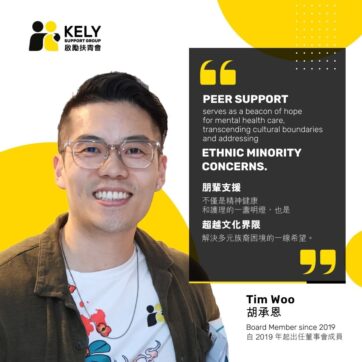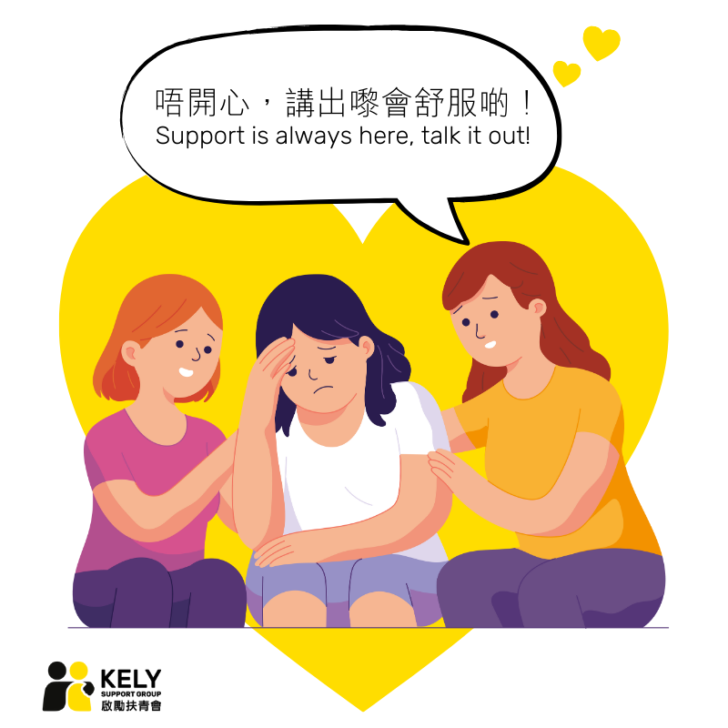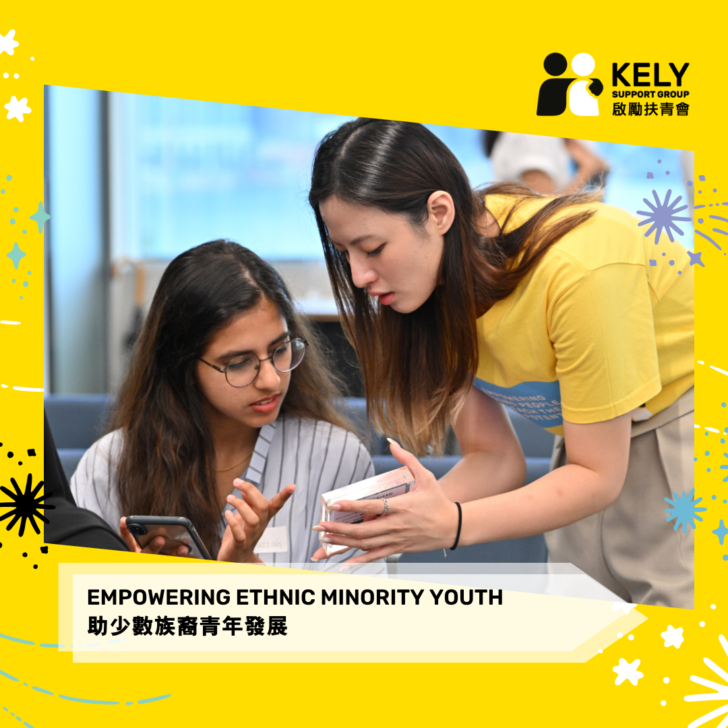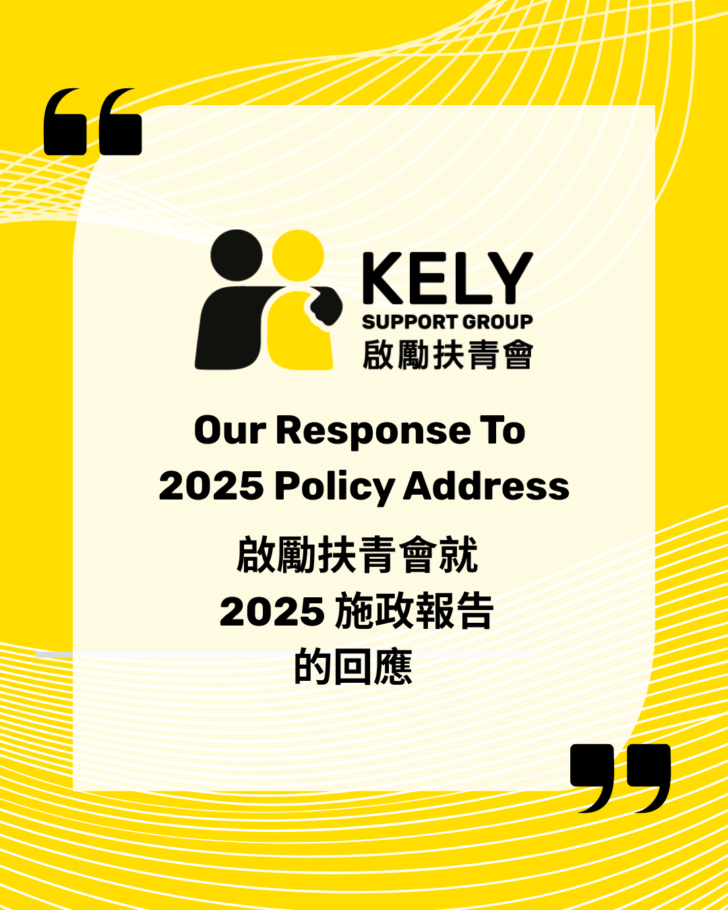Tim Woo - The Power of Peer Support
When I first moved to Hong Kong over 12 years ago, I was given the opportunity to work at KELY as a Programme Coordinator. Fast forward to today, I am honoured to be a board member, a true full-circle moment. Serving on the board for the past three years has been a privilege, allowing me to draw upon my previous experiences as a school counsellor and therapist to inform and shape the impactful programmes that KELY offers.
Peer support is a vital component of mental health care, providing emotional and practical assistance to individuals with shared experiences and backgrounds. Research has consistently demonstrated the efficacy and importance of peer support in fostering recovery, improving social connections, and reducing feelings of isolation. Further to that, peer support can act as a bridge to cultural divides and can address ethnic minority issues as well.
Being in Hong Kong, cultural diversity is apparent, and it would only make sense to lean in on that as a strength.
We know that Diverse ethnic groups face unique mental health challenges, often exacerbated by societal barriers and discrimination. Peer support offers a safe space for individuals to share experiences and receive support from those who understand their struggles. Research indicates that peer-led initiatives can effectively address mental health disparities among ethnic minorities. A systematic review of 22 studies found that culturally adapted peer support interventions yielded significant reductions in symptoms of depression and anxiety among minority populations.
Cultural differences also play a crucial role in shaping mental health experiences. What constitutes effective support in one culture may not resonate with another. For instance, collective-oriented cultures may prioritise family and community involvement, whereas individualistic cultures focus on personal autonomy. Peer support programmes acknowledging these distinctions can better cater to diverse populations.
A study conducted by the National Institute of Mental Health (NIMH) highlighted the success of culturally adapted peer support interventions and these tailored programmes led to improved mental health outcomes, increased social support, and enhanced cultural identity.
KELY is best positioned to integrate the above practices to serve the many youth across Hong Kong and has been doing so effectively for the last 30 years.
Peer support serves as a beacon of hope for mental health care, transcending cultural boundaries and addressing ethnic minority concerns. By acknowledging and adapting to diverse backgrounds, peer support programmes can:
- Foster inclusive environments for mental health discussions.
- Provide culturally sensitive support networks.
- Address systemic inequalities in mental health care.
As research continues to underscore the importance of peer support, it is crucial that we uplift mental health organisations like KELY to prioritise culturally adapted initiatives, ensuring equitable access to effective support.
We urge everyone to support the initiatives of KELY Support Group, which aim to bridge cultural gaps and address mental health inequalities among different youth groups. Your donations and support play a crucial role in creating an inclusive and supportive environment, ensuring that every young person, regardless of their cultural background, receives the mental health care they need. Let us work together to build a more equitable and compassionate society.
References:
- Davidson, L., Bellamy, C., Guy, K., & Miller, R. (2012). Peer support among persons with severe mental illnesses: A review of evidence and experience. World Psychiatry, 11(2), 123–130.
- National Institute of Mental Health. (2018). Cultural Adaptation of Mental Health Interventions.
- Solomon, P. (2004). Peer support/peer provided services: An evidence-based practice in mental health recovery. Psychiatric Rehabilitation Journal, 27(3), 272–283.
- Triandis, H. C. (1995). Individualism & Collectivism. Routledge.
- Ward, E. C., Clark, L. O., & Heidrich, S. (2015). African American women's experiences with stress, coping and depressive symptoms: An ethnographic study. Journal of Nursing Scholarship, 47(3), 248–257.
If you are inspired by our work and would like to help us continue making a difference, please consider making a donation to support KELY Support Group. Your contribution can make a real impact.
This article was written for and a featured piece in KELY’s monthly Newsletter. To subscribe, please click here.






